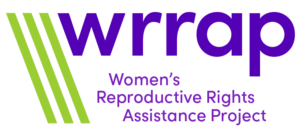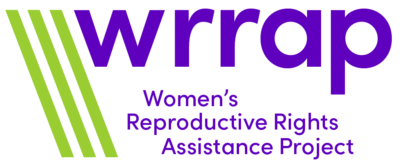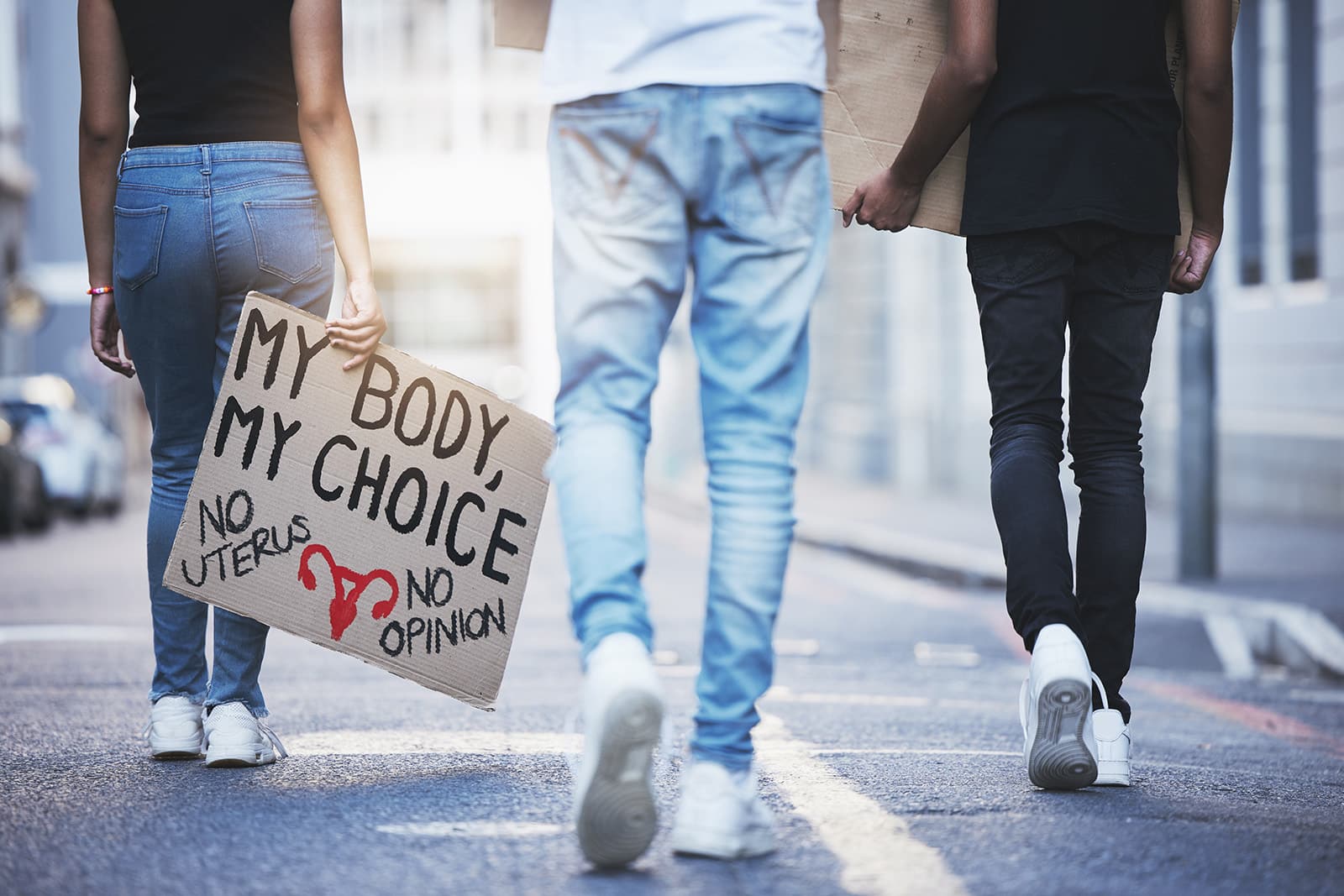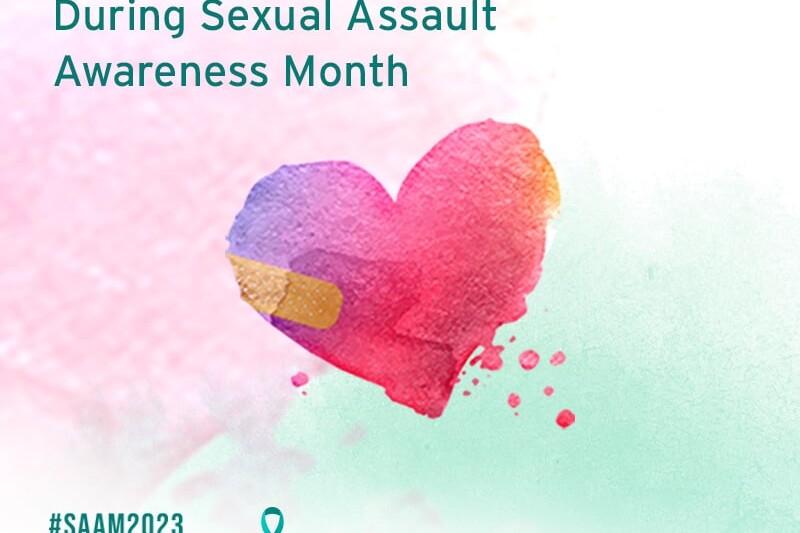Vasectomies empower reproductive justice for all
As the debate surrounding reproductive rights intensifies and more abortion bans loom, it is crucial to recognize the importance of vasectomies as a proactive solution. Reproductive justice should not be limited to those who can become pregnant; it is an issue that concerns us all. By promoting the accessibility and acceptance of vasectomies, we empower individuals to take control of their reproductive choices and foster a society where reproductive justice is truly inclusive.
Vasectomies, a safe and effective form of contraception for men, play a vital role in promoting reproductive justice. By undergoing a vasectomy, individuals take proactive steps to prevent unintended pregnancies, reducing the reliance on other contraceptive methods. Vasectomies offer a long-term solution that empowers men to share responsibility for family planning and contraception, challenging the notion that reproductive choices are solely the burden of those who can become pregnant.
With the increasing threat of further abortion bans and restrictions, vasectomies provide an alternative avenue for reproductive choice. As access to safe and legal abortions becomes limited, the availability of vasectomies becomes even more crucial. By advocating for and normalizing vasectomies, we help mitigate the impact of abortion bans on marginalized communities, ensuring that individuals have control over their reproductive futures.
Reproductive justice is not solely the concern of those who can become pregnant; it is an issue that affects individuals of all genders. For WRRAP, 81% of pregnant people have had their partner abandon them leaving the physical, emotional, and financial responsibility up to them. By promoting vasectomies as an integral part of reproductive healthcare, we foster a more inclusive understanding of reproductive rights. Vasectomies empower men to actively participate in conversations about family planning, contraception, and reproductive decision-making. Many don’t realize that giving birth is dangerous and the U.S. has the highest maternal mortality rate, more than any other industrialized country. This active engagement challenges traditional gender roles and promotes a society where reproductive justice is a collective responsibility.
To fully harness the potential of vasectomies in advancing reproductive justice, we must address the stigmas and misconceptions that surround this procedure. Education and awareness campaigns are essential in dispelling myths and providing accurate information about the safety and reversibility of vasectomies. By challenging misconceptions, we can ensure that individuals can make informed decisions about their reproductive choices without fear or judgment.
Reproductive justice is not a solitary battle; it requires collective action and inclusivity. By embracing vasectomies as an integral part of reproductive healthcare, we promote a society where reproductive justice is accessible to all genders. Vasectomies empower individuals, reduce the need for abortions, and challenge traditional notions of reproductive responsibility. Let us unite in breaking down barriers, challenging stigmas, and advocating for comprehensive reproductive justice that respects and supports the reproductive choices of all individuals, regardless of gender.
Written by
Sylvia Ghazarian, Executive Director, WRRAP
Column first appeared in The Beaumont Enterprise
Sylvia Ghazarian
Sylvia Ghazarian is the Executive Director of WRRAP. She leads WRRAP to successfully achieve its mission — ensuring that financially-disadvantaged individuals of all ages, ethnicities, cultural backgrounds, gender identities, and sexual orientations can access abortion care and emergency contraception. A dedicated community activist and leader, Sylvia has been appointed by the Mayor of Los Angeles for over 12 years to chair the Commission on the Status of Women (COSW), investigating and advocating at a policy level on issues related to healthcare, poverty, domestic and sexual violence, rape, human trafficking, homelessness, data collection, child care and early development, and mental health.






